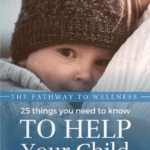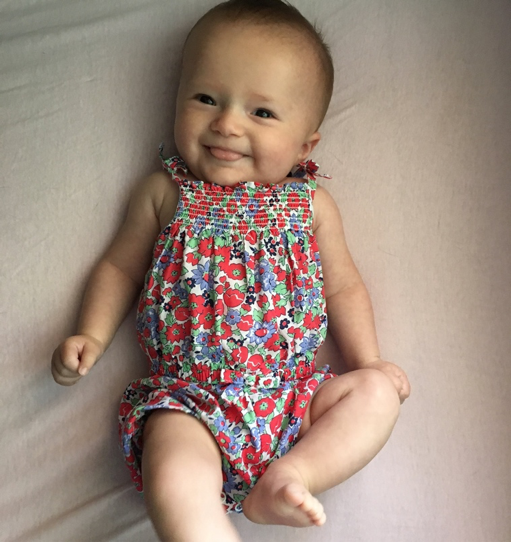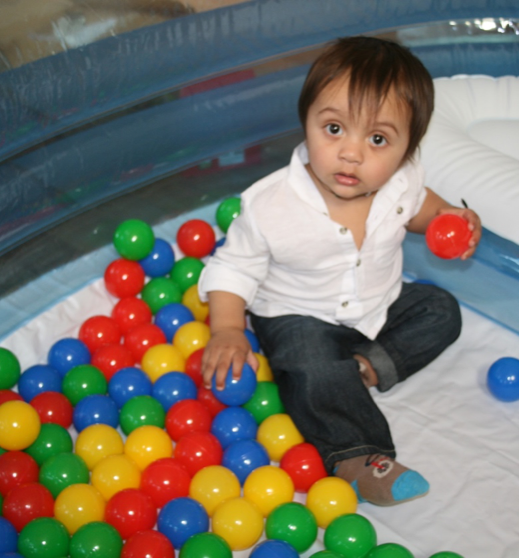Language Development Results
 Fri, Oct 25, 2024
Fri, Oct 25, 2024
 8 mins read
8 mins read
Results: The only thing that matters in the world of hurt kids
In the world of brain-injured children language is a critical issue. It can be a life and death issue. When the world sees a hurt child, if he cannot speak or speaks poorly, it is often assumed that the child is not intelligent. His fate is often based upon that assumption. Once he is assigned this lower condition, he is seen as less deserving and less worthwhile. How else can we explain the places where hurt kids are routinely warehoused, medicated and forgotten?
The children included here have significant problems in language development that could put them at risk and possibly ruin their lives. Parents, and stimulation, as always, are the answer.
At birth a newborn baby has a birth cry. That cry is used to call mother and to keep her on alert. This is the first stage of language development.
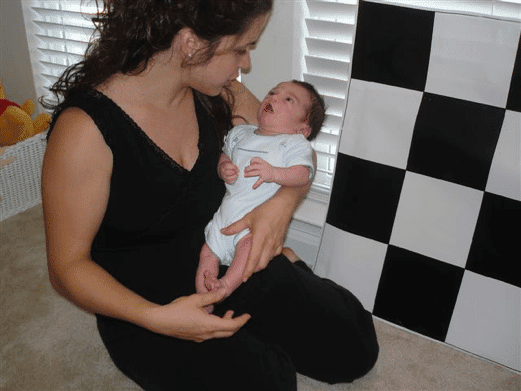
As the baby matures, the baby understands threatening situations and that cry becomes a vital cry. This is the second stage the baby is not merely saying “I am here, I need something” but rather “I am in danger help me.”
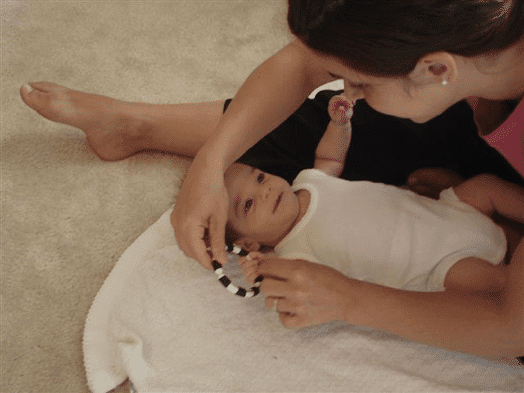
Next a baby begins to be able to make happy sounds, sad sounds, angry sounds – these are meaningful sounds. This is a much more sophisticated point where Mother and baby begin to get into real communication.
Injury to the brain either before, during or after delivery can result in poor or inconsistent ability to make sounds or speak. This is because of injury to the brain not injury to the tongue or the mouth.
When language development is compromised, appropriate stimulation and opportunity are the answer. When the child is given stimulation with increased frequency, intensity and duration in recognition of the orderly way in which the brain grows, and his breathing and oxygen needs are addressed, the language pathway will grow. The child will begin to make meaningful sounds and then use words. Once a child can say at least 10 words and is beginning to use couplets, then a Language Victory is awarded. The following children have received Language Victories.
Sara

Sara was born post maturely and rushed to neonatal intensive care due to breathing problems and the need for oxygen. She was soon diagnosed with laryngomalacia, and had surgery as an infant, and again as a toddler to open her airways. At two years of age, Sara was immobile and unable to talk. Her parents attended the What to Do About Your Brain-Injured Child course and began a home treatment program.

Within a year, Sara was crawling and creeping, her understanding was equal to her age level, and she was beginning to read. At age five, Sara was using words, couplets, and phrases to express herself and she received a language victory. Today at seven years of age, Sara reads books above her age level. Her speaking vocabulary is expanding daily. Physically, she is standing, cruising, and walking an overhead ladder daily.
Aadhav

Aadhav was delivered by vacuum extraction and was transferred to the neonatal intensive care unit as he was in respiratory distress and oxygen was administered. He developed normally until he was 18 months old, and his family moved from India to the United States. At that time, he received multiple vaccinations. He lost the few words that he had and became less responsive than he had been. He began having recurrent ear infections with frequent rounds of antibiotics. By age three, Aadhav had no words of speech, and he was hyperactive. He was very sensitive to sounds which often made him scream. He slept poorly and he did not play with other children. He was diagnosed as autistic. Soon after Aadhav’s 4th birthday, Mother attended the What to Do About Your Brain-Injured Child course and began a home treatment program.

After two months, Aadhav calmed down considerably, parents could reason with him now, and he no longer screamed in crowded places. Before starting his program at home, he spoke very little only repeating the speech of others infrequently. Now he began speaking spontaneously and meaningfully in words and couplets and he received a language victory.
Clay

Clay was diagnosed with Spina Bifida in utero. At birth, he spent ten days in neonatal intensive care with supplemental oxygen. Genetic testing revealed an abnormal deletion, Phelan McDermid syndrome. Clay underwent surgery for hydrocephaly. At one year, Clay had limited vision, hearing, and mobility. He was on medication for infantile spasms. His parents learned of the What to Do About Your Brain-Injured course and attended it. At Clay’s first appointment at The Institutes, at age 13 months, he was functionally blind and immobile, with only reflexive movement in his hands. At age 3, after a home treatment program, Clay is seeing, beginning to read, understanding at his age level, using his hands, and talking! He is off all medication and seizure-free. When asked to select his favorite subject he chose science. When asked what area, he said “astronomy”.

Catherine
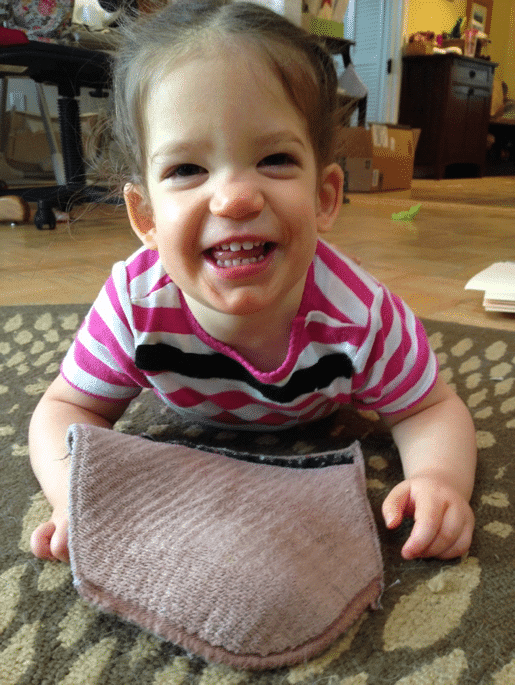
Catherine and her twin sister were 75 days premature. Catherine was diagnosed with cerebral palsy. She was 9 months old, when she was first evaluated at The Institutes. She could hear threatening sounds and she could use loud crying to indicate something was threatening her. However, she was not able to understand meaningful sounds or make meaningful sounds consistently. After 48 months of a program of stimulation and opportunity she now has ten words of speech and she is beginning to use short sentences, such as “I love you.” She has now earned a Language Victory. Even though she is not yet five years old, she is reading books with full comprehension at a twelve-year-old level.
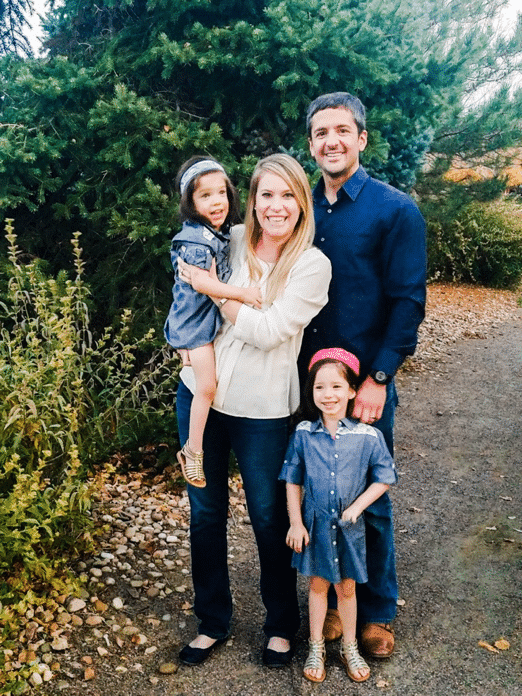
Alice
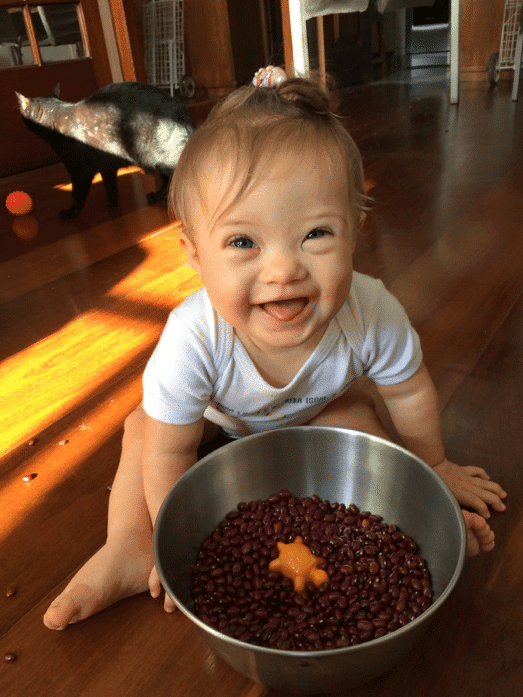
Alice was diagnosed with Trisomy 21 at birth. Alice was 8 months old when she was first evaluated at The Institutes. She was able to her emotions through meaningful sounds but she had no words of speech. She also had a moderate ventricular septic defect which affected feeding and mobility. Twenty months later at the age of 28 months, after receiving a program of stimulation and opportunity, Alice now uses single words and she is beginning to use couplets. She can also walk one kilometer in 20 minutes and she is reading at a six-year-old level.
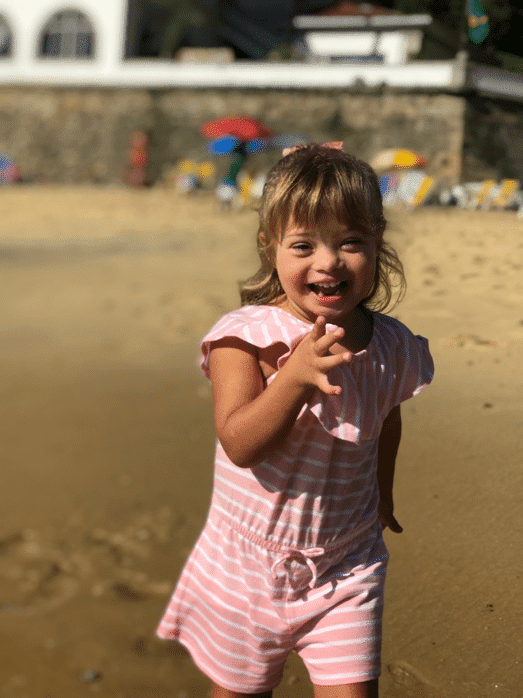
Mateo
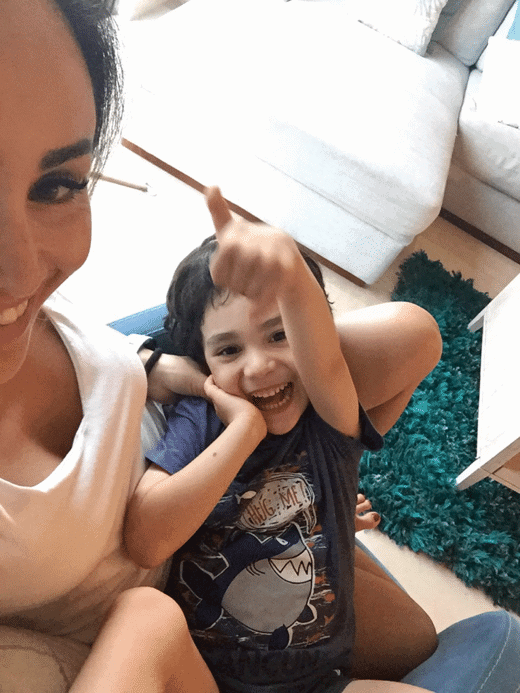
Mateo was 21 days premature and delivered via Cesarean section. His initial diagnosis was autism. Parents were told he might be “educable”. Mateo was first evaluated at The Institutes when he was 35 months old. He had a full range of meaning sounds and one word of speech. After only nine months of stimulation and opportunity, Mateo now uses over 200 single words, 50 couplets and he is beginning to speak in sentences such as “Here is the paper!”. He is not yet four years old but he also enjoys reading and, at times, enjoys reading his books aloud. Not bad for a little boy who a year ago could barely talk.
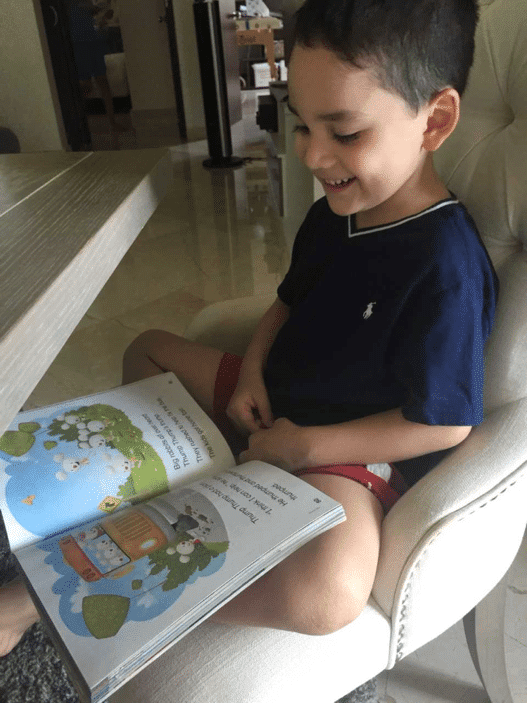
Emma
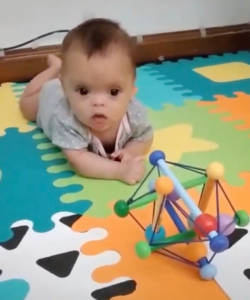
Emma was delivered by emergency c-section as she was in fetal distress. She had difficulty breathing at birth and was carefully monitored. She was diagnosed with Trisomy 21. Emma had difficulties sucking, and swallowing, and at 6 months of age was still immobile. Emma’s parents read the books What to Do About Your Brain-Injured Child, and How Smart Is Your Baby? and then attended the What to Do About Your Brain-Injured Child course. They began to use all they had learned. Emma began crawling for the first time and was beginning to creep. After an inoculation at 20 months, she stopped creeping. It took six months to regain this function. At twenty-six months of age, Emma had her first visit to The Institutes. She was crawling 100 meters daily and creeping 800 meters daily. She was even beginning to take her first steps, say her first words, and learning to read, and loving it!
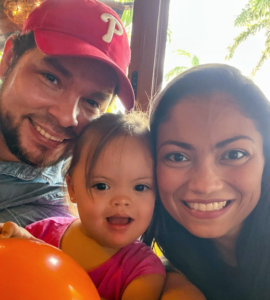
Just before Emma’s third birthday, she walked 1,300 meters daily, and talked all day and used hundreds of words and phrases. She is now more advanced in reading and understanding than other children her age. She is speaking and reading in both Spanish and English.
Agnira
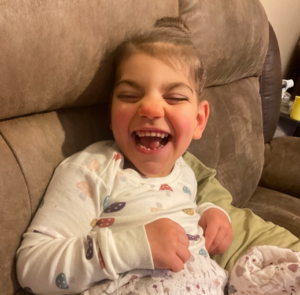
Agnira was born 17 days post maturely and stopped breathing twenty hours after her birth. She was resuscitated after 18 minutes, intubated, tube fed, and monitored. She was diagnosed with hypoxic ischemic encephalopathy, and later with epilepsy, spasticity, microcephaly, cortical visual impairment, and quadriplegia. At three years of age, Agnira had limited vision, hearing, understanding, and she was unable to move. Her parents attended the What to Do About Your Brain-Injured Child course, and started a home program using what they had learned. Within six months, she was smiling back at her parents, seeing across the room, saying her first words, and seizure-free.
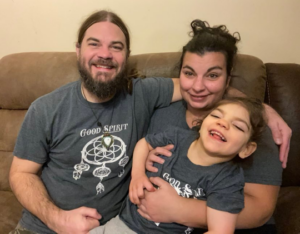
A year later, at 4 ½ years of age, Agnira achieved three Victories: Reading, Understanding, and Language. She had had no seizures for more than a year. Agnira loves her reading program. She has been taught more than 500 words. Now she is using single words and couplets to express herself. She loves information about nature, a favorite topic is gemstones and where they are to be found around the world.
Theo
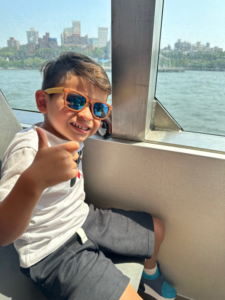
After a stressful pregnancy, Theo was delivered by c-section. For the first three months he slept constantly and had feeding problems when awake. At six months of age, Theo did not look at faces or respond to his name. He slept poorly and was very sensitive to sounds and textures. His arms and legs were flaccid, and he flapped his hands frequently. Over time, he developed severe eczema and asthma.
At one year of age, Theo began walking on his toes. He began saying a few words, and then lost those words. By age three, he had been diagnosed as autistic, and he had a small number of words that only mother could understand. He had frequent temper tantrums, and he was hyperactive and fearful.
Mother attended the What to Do About Your Brain-Injured Child course at this time, and immediately began a home program.
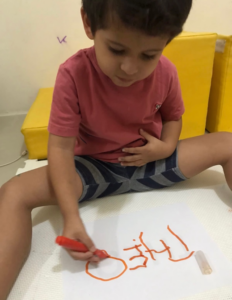
She started a carefully planned nutritional program and improved the air and water quality in the home. Theo had a physical program that he did daily and a tactile stimulation program. He also began learning to read.
Eighteen months after beginning, Theo is reading library books independently, and he is now above age level in understanding. He is bilingual, and he is speaking in full sentences conversationally which can be understood by all. He is running as well as other little boys his age, and his behavior is friendly and outgoing. He is no longer sensitive to sounds and can navigate crowds without any problems. He is sleeping well all night.
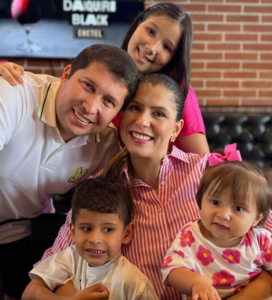
We all like to think that babies arrive with an equal opportunity to develop and grow but this is not true for brain-injured children. Each of these children were born with life-threatening problems that could have made their lives a tragedy. But their parents used their energy and their understanding of how the brain grows and develops to provide stimulation and opportunity to give their children a chance, not only to catch up to their peers, but hopefully to exceed them.
These wonderful results were brought about by the efforts of each family. Mother and Father, brothers and sisters and the child – all working together to give each child a fighting chance for a much better life.
Click here to Read More about Results with 3,449 Children on The Institutes Progr
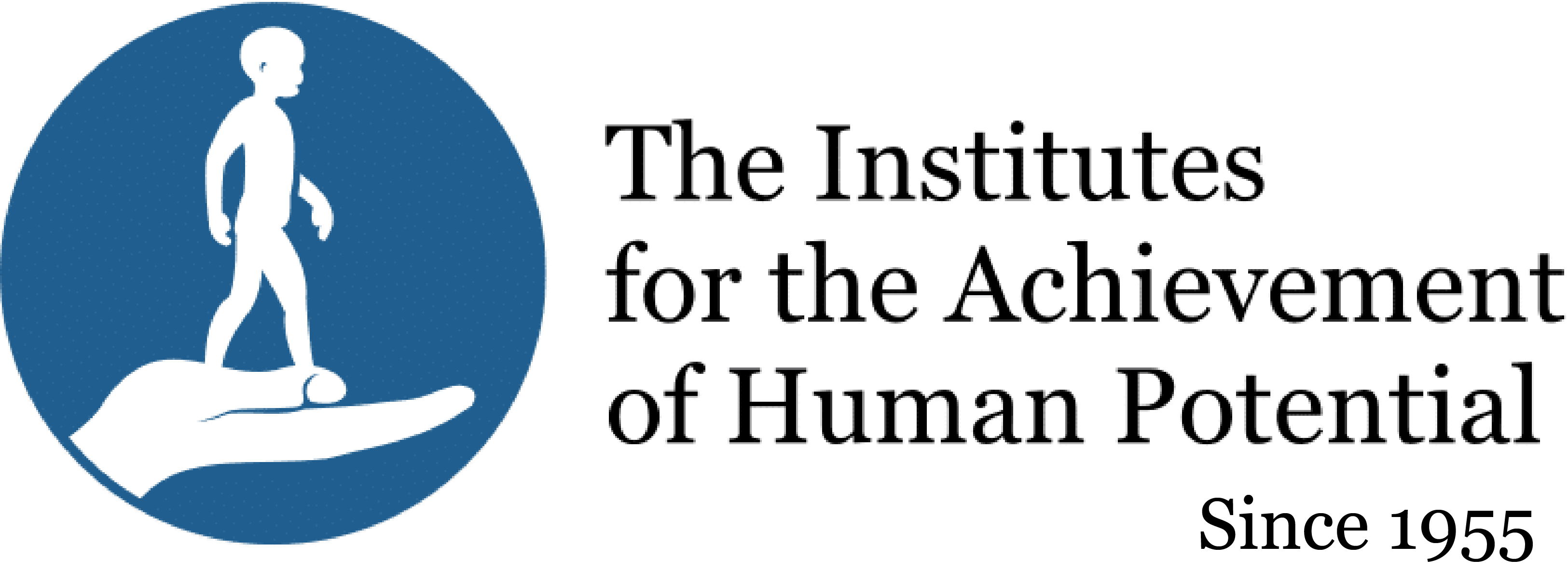
 Donate
Donate
